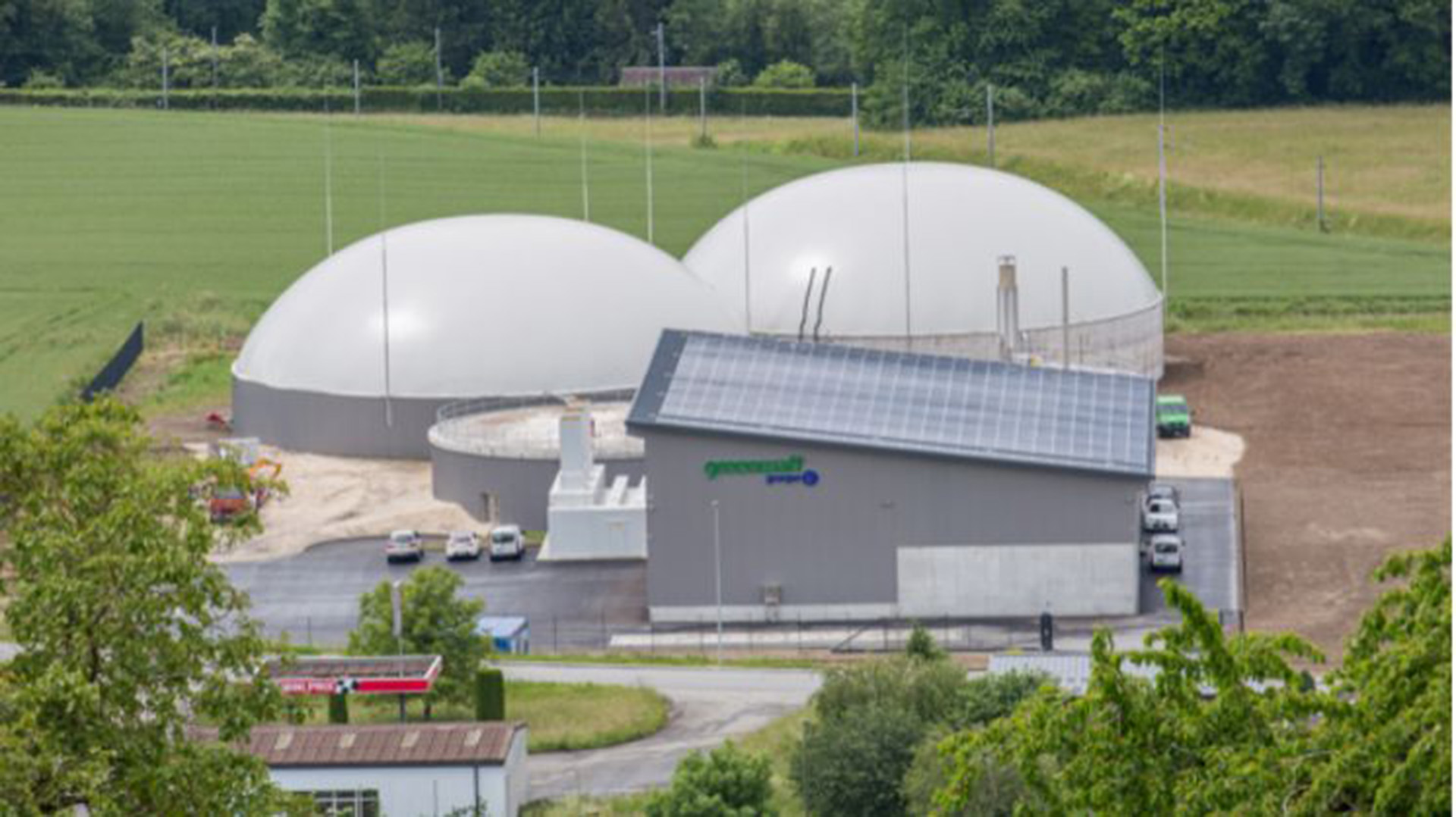A New Green Darling

It’s clean, it’s green, and it’s the next big thing — unless you live down the block.
That’s what some Calverton residents are saying about a proposed facility that will convert food waste to bio gas.
Anaerobic digestion is a series of biological processes in which microorganisms break down biodegradable material like food waste and manure and convert it into bio gas, which is combusted to generate electricity and heat.
Proponents, like several members of the Riverhead Town Board, praise its efficiency and safety, and entrepreneurs are attracted to the possibility of making a significant profit.
The Town of Riverhead is contemplating a $22 million food waste-to-energy facility with a private partner along five acres on Youngs Avenue in Calverton, a swatch of land which contains a transfer station and is used for related uses. Neighbors, who fear foul smells, increased traffic, and possible pollution, aren’t as enthusiastic about the project.
The U.S. Environmental Protection Agency is hyping anaerobic digestion: “Organic materials can be separated from the municipal solid waste stream and processed in an anaerobic digester. These materials include: Food scraps from residential properties; food scraps from businesses; fats, oils, and greases; and yard waste. Keeping organic materials out of landfills is beneficial for the environment.”
The EPA also states, “If these
materials are allowed to decay in landfills, methane and carbon dioxide can be released into the air and contribute to climate change. The loss of valuable nutrients from our ecosystem is another downside to landfilling organic materials. When these materials are anaerobically digested, the resulting nutrients found in digestate can be used to feed and nourish the soil.”
Of course, for businessman Mark Lembo, who proposed the project, and the town, it would be mutually beneficial. He needs the land; it belongs to the municipality. The town needs business acumen; that’s what Lembo brings to the table. There is also state grant money available to defray costs, he told the Riverhead Town Board during a February meeting.
If it were to become a reality, the town would likely send the energy produced to the National Grid to bring down electricity costs.
rmurphy@indyeastend.com



